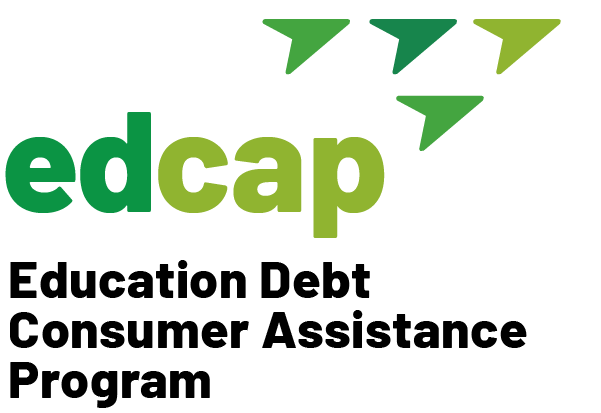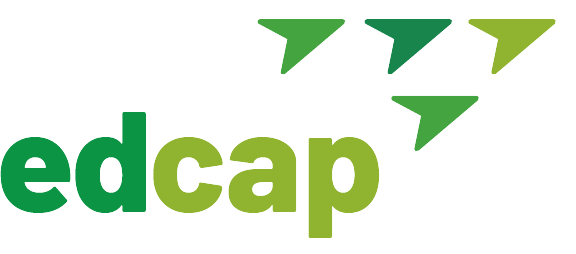Federal Student Loans* | Federal Parent Plus Loans** | Private Student Loans*** | |
Repayment Plans | Several repayment plans are available, including options that adjust your monthly payment based on your income. | Your repayment options are set by your lender. They often do not have the same repayment options as federal loans. | |
Loan Forgiveness | Direct federal loans are eligible for forgiveness programs like income driven repayment forgiveness (after 20-25 years of repayment) and public service loan forgiveness (after 10 years of repayment), as well other discharge programs, like total and permanent disability discharge. | Private loans are generally not eligible for forgiveness and discharge programs. | |
Interest Rates | The interest rate is fixed and often lower than private loan rates at the time the loan is obtained—and much lower than credit card rates. | Private student loans can have variable or fixed interest rates–and are often higher than federal loans at the time the loan is obtained. If you must take out private loans, fixed rates are generally safer. | |
Postponement Options | If you’re struggling to repay your loan, you might be able to delay or reduce your payments. | It will depend on your lender. Private lenders are generally not required to offer deferment or forbearance. | |
Subsidies | If you have financial need, you may qualify for a subsidized loan, where the government pays the interest while you’re in school at least half-time. | These loans are not subsidized. | Private student loans are often not subsidized. |
When Payments Become Due | Payments aren’t due until you graduate, leave school, or drop below half-time enrollment. | You (the parent) can defer payments until the student graduates, leaves school, or drops below half-time enrollment. | Many private student loans require in-school payments, but some allow you to defer them until after graduation. |
Credit Check | You don’t need a credit check to qualify for federal student loans, except for PLUS loans. For PLUS loans, a credit check is required to determine eligibility. | Federal Student Aid will check your credit before determining your eligibility. | Private student loans often require an established credit history or a cosigner. |
Tax Benefits | Some interest may be tax deductible. | ||
Tip: If you’re unsure which types of loans you have, visit your studentaid.gov account. Any loan listed there is a federal student loan. Studentaid.gov is the federal government’s database, and it contains information on federal loans only.
Useful Links
Glossary
- *Federal Student Loans: For students to cover their undergraduate and graduate education. Undergraduate students can borrow up to the cap allowed. Graduate students can borrow Graduate Plus loans to cover up to the cost of attendance.
- **Federal Parent Plus Loans: For Parents to cover a dependent’s undergraduate education.
- ***Private Student Loans: To cover undergraduate and graduate education.








